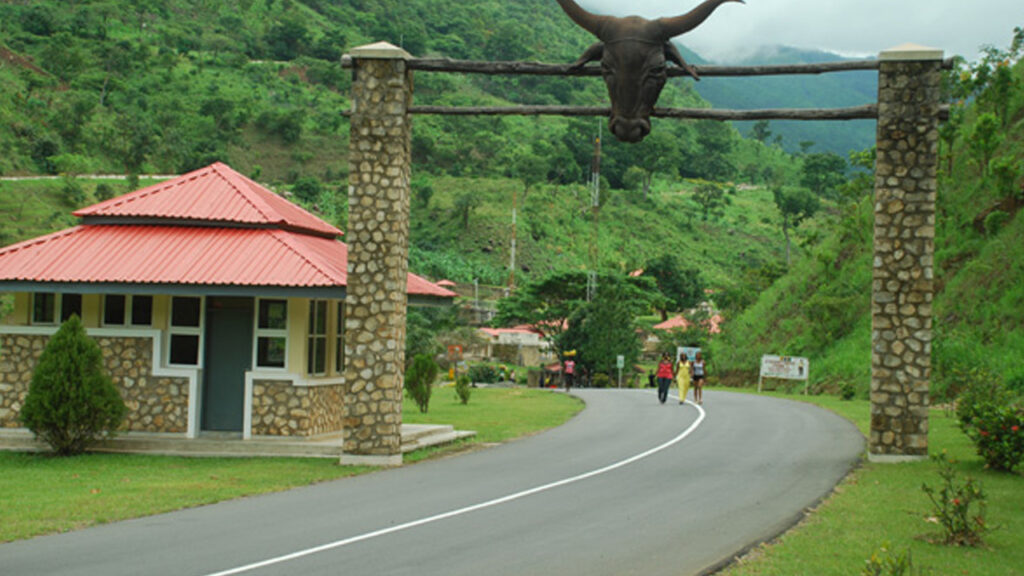
Apparently unfazed by the viability hurdle facing airports nationwide, Abia and Edo State governments are warming up to invest state resources into new aerodromes in their domains.
The Guardian learnt that the current administration in Abia, in its twilight, had inspected a proposed site in Ikwuano Local Government, while Edo has lately secured Federal Government’s approval to build Auchi Airport.
Edo State Governor, Godwin Obaseki, recently told reporters that the state government was committed to the development of a new airport in Auchi, Edo North Senatorial District.
He said: “The charting of the airport is already ongoing to ensure the safety measures required for an approval of the airport project as safety is the main consideration. We want to make sure that the approaches for landing into the airport runway are clear and safe for landing, and will not endanger the aircraft.
“These are the final reports, and studies that are being conducted, and as soon as we get final approval, we will do the ground breaking, and commence construction of the Auchi Airport.”
On the economic-sense of the new airport, Obaseki said, “this is not a political project. Between Benin City and Abuja on this axis, which is more than 600km, there is no airport.
“From the transportation standpoint, it makes a lot of commercial sense to have an airport in Edo North. More importantly, there are emerging businesses, particularly in the areas of mining, and academia. There are two cement companies producing over six million tonnes of cement in this axis. There are a lot of activities to support an airport in this area,” he said.
But before Abia and Edo, the likes of Anambra, Ogun, Ekiti, Osun, Nasarawa, Jigawa, among others, have been in the race for state-owned airports. The likes of Kebbi, Jigawa, and Nasarawa have completed theirs, only to transfer ownership to the Federal Government.
Though the Federal Government is taking the facilities over for “effective usage” and maximum benefits, findings showed that they are all running at a loss. Except the trio of the Murtala Muhammed International Airport (MMIA), Lagos; Nnamdi Azikiwe International Airport (NAIA), Abuja, and the Port Harcourt International Airport (PHIA), Omagwa, Rivers State, none of the other 24 airports has sufficient revenue to cover the cost of operations.
The International Air Transport Association (IATA) had stated that for an airport to be viable and self-sustaining, it must have at least five million passenger traffic a year. Today, only Lagos and Abuja airports could boast of at least five million passengers in a year.
President of the Aviation Safety Round Table Initiative (ASRTI), a think-tank group of the local aviation, Dr Gabriel Olowo, described the airport projects in Abia and Edo as “good politics, but bad economics.”
Olowo queried the rush for establishment of more airports by state governments, regretting that most of the existing aerodromes are not commercially viable, and an eyesore.
He said the plan in Edo would have made a better sense if the state government had revisited the ruins that have become a once glorious Benin Airport.
He added that instead of granting fresh approvals to more unviable aerodromes, the Federal Government should rather gear efforts at turning major airports into hubs.
“For instance, for Lagos Airport to become a hub, first-class and world-class airport transfer connections facilities are necessary. Concourse light trains should be built to connect the terminals rather than allowing transit and transfer passengers to checkout of the customs, burst into the precarious mammoth crowd, in rain and shine, with their baggage to pick a taxi to the next connecting terminal.
“This is very absurd, and a shame on MMIA in 45 years of its existence. Transit or transfer passengers dread Lagos Airport, especially in the evenings. We should be addressing that, not building new airports,” he said.
Olowo said further that agro-cargo export potential is not a sufficient justification for new airports in the states, especially given the parlous road network nationwide.
“The roads to take the products to the airports are either not available, or in bad shape with high propensity for trucks tumbling, and perishable goods destroyed. States should rather put their heads together to build safe, functional, and durable interstate roads, instead of new agro aerodromes.
“The airport in Ibadan, and others like it, is still operating below capacity. The region should cooperate on road and rail linkages, and upgrade the airport to a world-class standard for the service of Ogun, Oyo, Ondo, Ekiti, and so on, rather than individual state effort at establishing its own airport,” he said.












